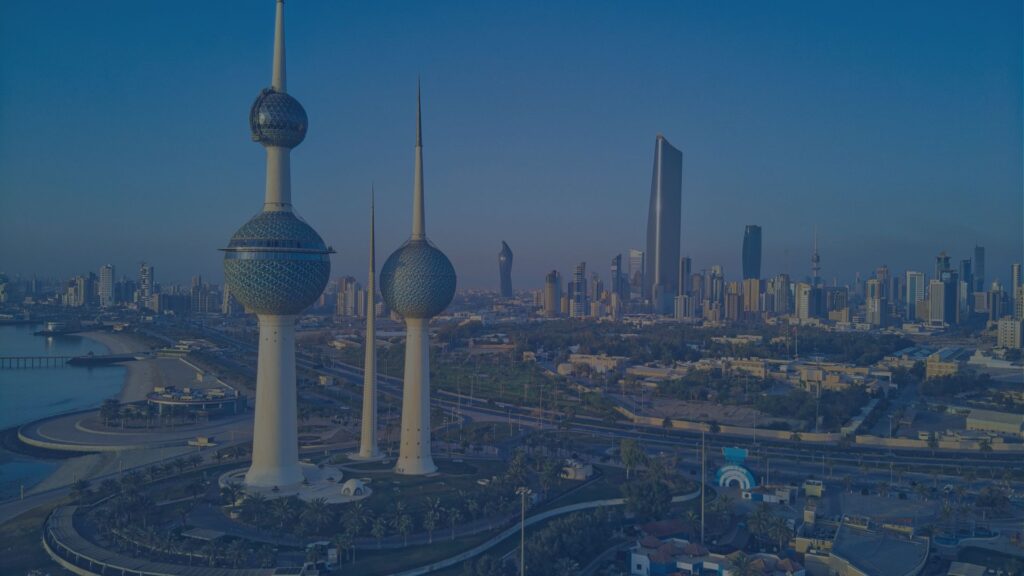
Saudi Arabia is a leading producer and exporter of energy, and its economy is still heavily tied to the oil and gas industry. However, the country has seen a dramatic shift over the past few years in its energy policies, with the government emphasizing renewable energy resources and developing major projects to diversify its energy mix.
This shift has created major opportunities for businesses in the country that can participate in these efforts, such as in renewable energy production or storage technology. In this article, we’ll explore some of these opportunities and outline the legal considerations that businesses should keep in mind when pursuing energy-related opportunities in Saudi Arabia.
Energy Sector Opportunities in Saudi Arabia
With climate change and increasing global demand for energy, Saudi Arabia is looking to diversify its energy sources and increase the use of renewable energy. To accomplish this, the government has launched several major initiatives, which are focused on increasing the share of renewable energy sources in the national mix and increasing private sector participation. Here are some of the key developments to watch in 2023.
Solar Energy Industry
Saudi Arabia is home to some of the world’s largest solar farms and has set ambitious targets for the development of solar energy projects. It aims to generate 60 gigawatts of electricity from renewable sources by 2030 and unsurprisingly, most of this will come from solar.
The private sector is being heavily encouraged to take part in this project, and there are major opportunities for businesses that can provide technology, finance, or services to help make this a reality. The Sakaka power plant, which consists of 1.2 million solar panels arranged over 6 km² of land, was implemented by a private-sector company in an agreement with the Saudi Power Procurement Company.
Trading in electricity in Saudi Arabia is regulated by the Water and Electricity Regulatory Authority (WERA) and governed by the Electricity Law. Companies engaging in energy-related activities must obtain the relevant licenses and approvals from WERA, as well as comply with any regulations related to the import and export of electricity.
Incentives for Private Sector Participation
As part of the government’s National Renewable Energy Program (NREP) and Vision 2030, there are several incentives for private sector participation in renewable energy projects. Custom duties exemptions may be available for businesses that are importing equipment related to renewable energy projects and companies may also be able to apply for subsidized leases.
The Human Resources Development Fund will also finance employee salaries up to 15% for men and 20% for women. It’s also worth noting that 100% foreign direct ownership is now permitted in renewable energy projects in Saudi Arabia.
The Fourth Industrial Revolution
The Saudi government also created a National Industrial Development and Logistics Program (NIDLP) in 2019 to further develop and diversify its energy and mining sector. This program aims to create new jobs, grow the mining sector, develop new trade, transport, and logistics networks, and localize manufacturing using the latest technologies such as AI, IoT, and robotics.
This presents major opportunities for businesses in the technology sector that can provide the necessary services to help the government realize its vision of a digital-first economy. Tech companies wishing to do business in Saudi Arabia should be aware of the regulations and laws that are applicable to this specific sector, with particular attention to the Personal Data Protection Law (PDPL), which will come into full force later in 2023.
Saudi Arabia – A Future Hub of Renewable Energy
The Saudi government is committed to creating a vibrant, competitive, and diverse economy, and very soon there will be many opportunities available in the renewable energy and related technology sectors.
Companies seeking to do business in Saudi Arabia must be aware of the relevant regulations and laws, as well as the incentives that are available to them. With its legal framework in place, businesses in these industries can take advantage of an excellent range of opportunities and benefit from Saudi Arabia’s strategic location at the crossroads of Africa, Asia, and Europe.









